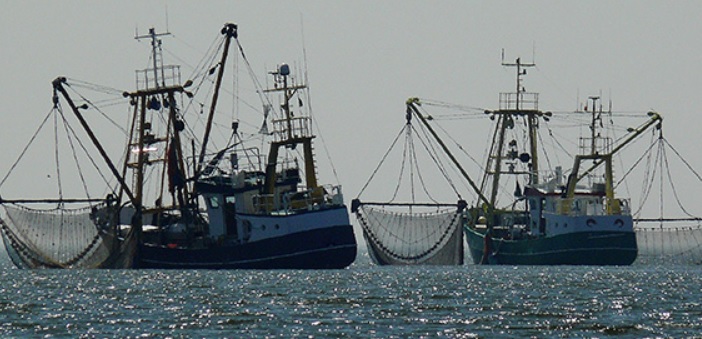The European Commission has adopted a Communication, taking into consideration the implementation of the EU’s Common Fisheries Policy. It also launched a consultation on the fishing opportunities for 2020.
With this Communication, the European Commission wants to reaffirm its commitment to promote fisheries that are both environmentally sustainable and economically viable. For this reason, Member States, Advisory Councils, the fishing industry, non-governmental organisations, and interested citizens are called to express their opinions on the fishing opportunities in 2020 through a public consultation that will begin on 11 June.
[smlsubform prepend=”GET THE SAFETY4SEA IN YOUR INBOX!” showname=false emailtxt=”” emailholder=”Enter your email address” showsubmit=true submittxt=”Submit” jsthanks=false thankyou=”Thank you for subscribing to our mailing list”]
Commenting on the Communication, Commissioner Karmenu Vella, responsible for the Environment, Maritime Affairs and Fisheries, said that fish stocks are recovering, and the earnings of fishermen are increasing. In addition, all Member States agreed that by 2020 all stocks must be managed sustainably.
Currently, more stocks in the North-West Atlantic and nearby areas are being fished sustainably, with the biomass in these areas being 36% higher than in 2003.
2020 is considered an important year for EU fisheries, as Member States have agreed to bring commercial fishing pressure to sustainable levels by 2020, according to the Maximum Sustainable Yield (MSY). MSY represents the maximum amount of fish that fishermen can take out of the sea without putting the regeneration of the stock at risk.
With these proposals, the Commission aims to set fishing opportunities at MSY level for all assessed stocks. In the Western Mediterranean, the Commission’s proposal will come after the newly agreed Multiannual Plan (MAP), which mandates that the fishing effort should be limited by 10% in the first year of the MAP and sustainability should be achieved by 2025 at the latest.
The economic performance of the EU fleet has improved as well, registering record-high net profits of EUR 1.35 billion in 2017, up from EUR 1.3 billion in 2016. Wages have also increased on average with 2.7% per year.
However, in the Mediterranean and the Black Seas, the situation remains worrying. Namely, 35 out of the 40 stocks assessed were exploited beyond sustainable levels in 2017.
What is more, 2019 marked the full entry into force of the landing obligation, compelling all EU vessels to bring to shore their catches. During this year, the European Commission will cooperate with the stakeholders to enable its implementation.
Finally, despite the fact that Member States increased the planned spending under the European Maritime and Fisheries Fund (EMFF) to improve selectivity and facilitate the implementation of the landing obligation, monitoring and enforcing compliance with the landing obligation is still a concern.






























































